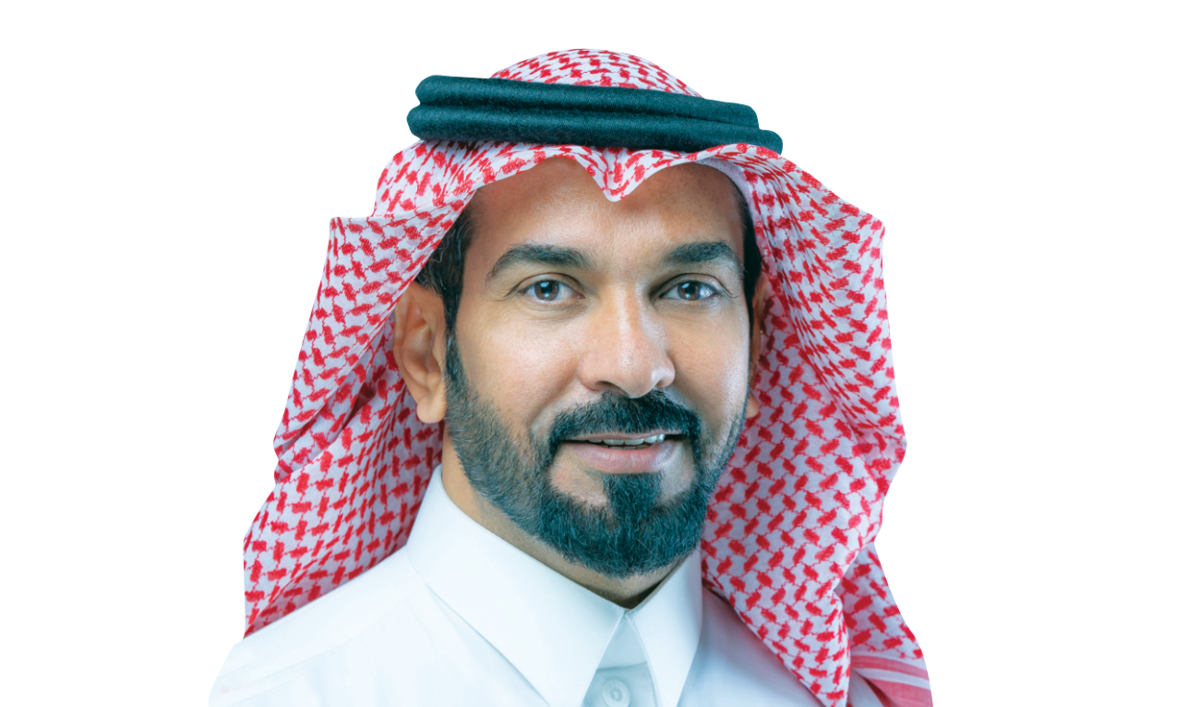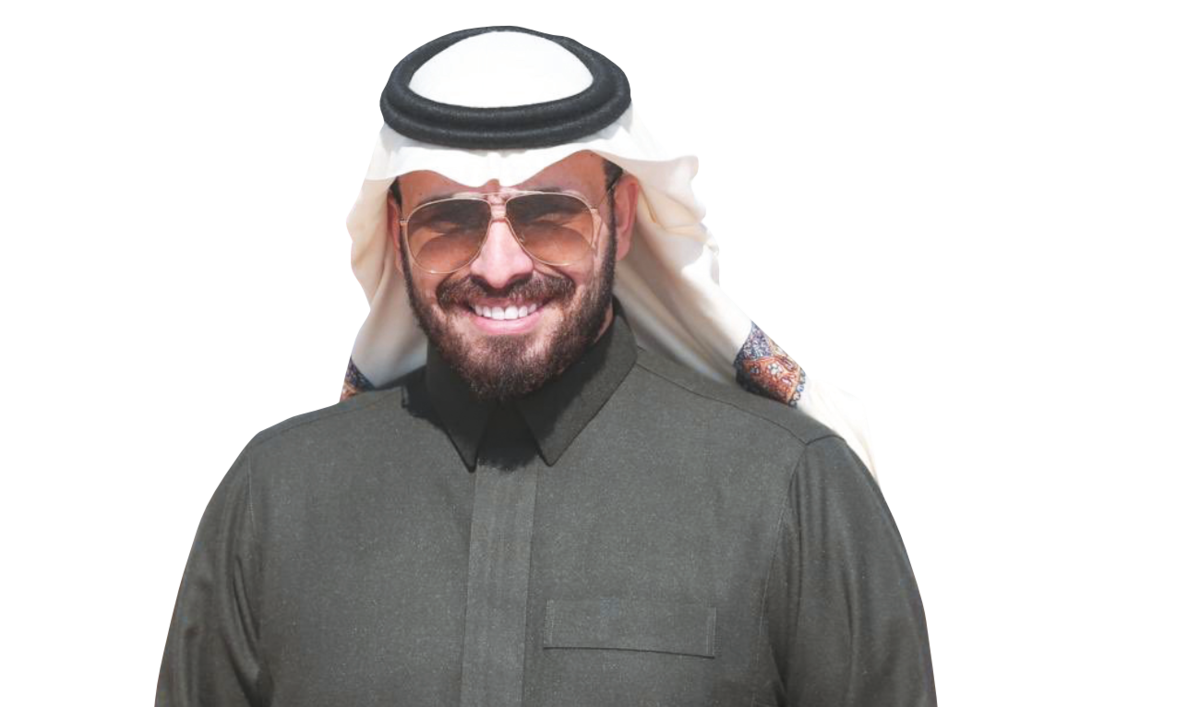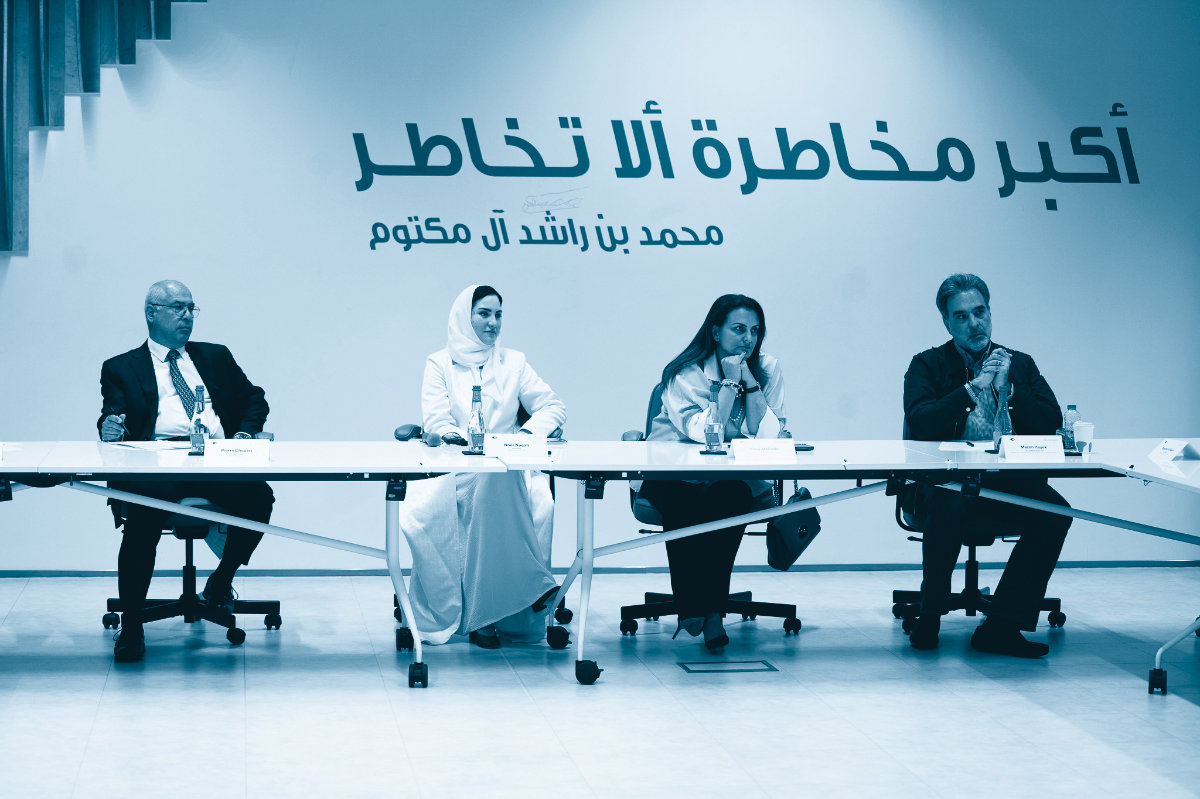RIYADH: Saudi social media influencers have become a key element in the Kingdom’s advertising market in recent years, but many are increasingly aware they risk a backlash if their growing power is not used wisely.
While many observers argue that influencers serve a positive purpose, others say they are simply filling the airwaves with nonsense — but there can be no disputing the effect they have, especially when using the right tone to sell a product, brand or idea.
However, marketers warn that this can be a double-edged sword, with influencers naively thinking they can get away with simple advertising techniques or using a convincing sales pitch, while others break established rules and even laws in a bid to gain followers.
Either approach can land influencers in trouble and, thanks to the internet’s long memory, the damage can linger for years.

Some influencers do not think except to rush behind their interests and gain from advertisements or the number of followers — Dr. Abdulrahman Alazmi, Associate professor of psychology at Naif University
Saudi Arabia’s Ministry of Commerce has strict and clearly defined rules for online advertisements, and regularly updates “red-flagged” establishments and shady businesses. The ministry also issues warnings against spreading rumors or promoting products that fail to comply with the relevant authorities’ standards. Firms or individuals who breach regulations are subject to legal action, including hefty fines.
Some marketing and advertising outfits told Arab News that they face difficulty at times over influencers’ failure to comply with the rules, “interacting with the spirit of the law rather than its text.”
Nafel Al-Nabhan, a Snapchat influencer, said that he does his best to comply with legal and ethical standards. “I do not target a specific category in my posts; they’re just moments that I share and consider as a daily diary with both good and bad,” he said. “I made many mistakes because I did not study the media, but I learned from my mistakes, and that was fun.”
Al-Nabhan said that his views on social media platforms have changed over time. “After Twitter deleted former US President Donald Trump’s account, social media became more powerful than bombs and bullets,” he said.
Deena Alardi, an Instagram and Snapchat influencer, said that “being present in the largest media source today is a great responsibility, so I must act within the laws, regulations and conditions (outlined) by official and private bodies in this field.”
Asked about the challenges she faces, Alardi admits that communicating her message to the public can be difficult, but said she is determined to maintain her standards.
“I have not and will not allow myself to resort to methods that are an embarrassment in front of the community.” The influencer said that content must be studied and planned professionally. “My high regard for people has put me in some bad situations that I do not want to repeat. You should not trust easily,” she said.
“It is normal for thinking to change over time,” Alardi said, adding that some influencers lower society’s view of their lives, interests and priorities because they present unrealistic, exaggerated and sometimes false claims.
“The audience believes everything it sees, and this is one mistake that can backfire.”
Nourah Al-Salem, another Snapchat influencer, said: “There is no doubt that the influencer is a byproduct of their environment and culture, and they have moral standards and responsibilities to highlight the positive aspects of society.”

There are standards that we adhere to with influencers, and the most important are ethical behavior and good reputation. We are also interested in adhering to the customs, traditions and culture of society — Moustafa Reda, Managing director at the First Exhibitor marketing agency
She added: “As for delivering messages to my audience, the challenges are simple since they have a high level of awareness and deep understanding. I do not need to pretend or resort to devious methods that leave me embarrassed in front of my followers or society.”
Dr. Abdulrahman Alazmi, an associate professor of psychology at Naif University, told Arab News that some influencers resort to dishonest behavior to gain followers, especially those in adolescence and childhood.
“The influencer at this age is looking for enjoyment because it is compatible with his audience in their age group. Bad behavior can be comedic, prompting followers to publish, spread and follow an influencer, and giving the influencer negative support to make them interact more and behave in a way that attracts the attention of children and teenagers,” he said.
“Some influencers do not think except to rush behind their interests and gain from advertisements or the number of followers.”
Alazmi, who specializes in family counseling, said that an influencer’s mistakes in the short term are usually limited to fame, advertisements and interests. “However, in the long run, the impact is very painful, because this person documents himself through videos that do not correspond to his stage after the age of 40, for example, and his sons will not accept them in the future. He reveals to himself and his family that he is superficial, and he has a behavioral deviation that is not appropriate for him when he grows older.”
Nasser Alodah, general manager at advertising and digital marketing specialists the NOB Agency, told Arab News that the firm insists influencers agree with the conditions requested by a client, such as advertising the work, obtaining approval and adhering to the number of views.
At least 95 percent of influencers agree to these conditions, he said.
“In the past we had difficulty dealing with influencers when signing the terms. Some did not want to sign, perhaps because they see that signing with others is a big responsibility and it is frightening for them. The professionalism and knowledge of most distinguished influencers today has made signing contracts an easy matter,” Alodah said. As for influencers with bad reputations, Alodah said that the agency steers away from them and advises clients to do the same.
“When an influencer violates one or more conditions, it is discretionary. For example, if the mistake is out of the influencer’s control, we move past it, and sometimes we see that we are partners in the mistake, like having to postpone shooting or something, and so we resort to discussions with the influencer and the matter is often settled amicably.”

If the mistake is out of the influencer’s control, we get past it, and sometimes we see that we are partners in the mistake — Nasser Alodah, NOB Agency general manager
He added: “As for whoever makes a mistake intentionally, we cancel the deal with them and inform the party with which we are contracted that we are canceling the contract with this person. I think this is one of the strongest punishments an influencer can receive.”
Moustafa Reda, managing director at the First Exhibitor marketing agency, said: “There are standards that we adhere to with influencers, and the most important are ethical behavior and good reputation. We are also interested in adhering to the customs, traditions and culture of society.”
The agency is also keen to main influencers’ “credibility” on social media. Reda said that influencers could be divided into two groups: “Some understand the nature of the work, and the culture and environment in which they are located, while others violate these agreed conditions.”
Only a small number fell into the second category, he said.
He agreed that some influencers’ love of image and fame leaves them vulnerable to unintentional mistakes. “Still, as professionals, we remind them to follow guidelines and go by the book.”
According to Ahmed Nazzal, CEO of Wajahah Marketing, working with influencers demands high standards. “The most important is reputation, society’s view of this person, his view of society, and respecting the culture, and respecting customs and traditions.” He said that influencers, like everyone, are prone to error and many receive insufficient training for their role.























